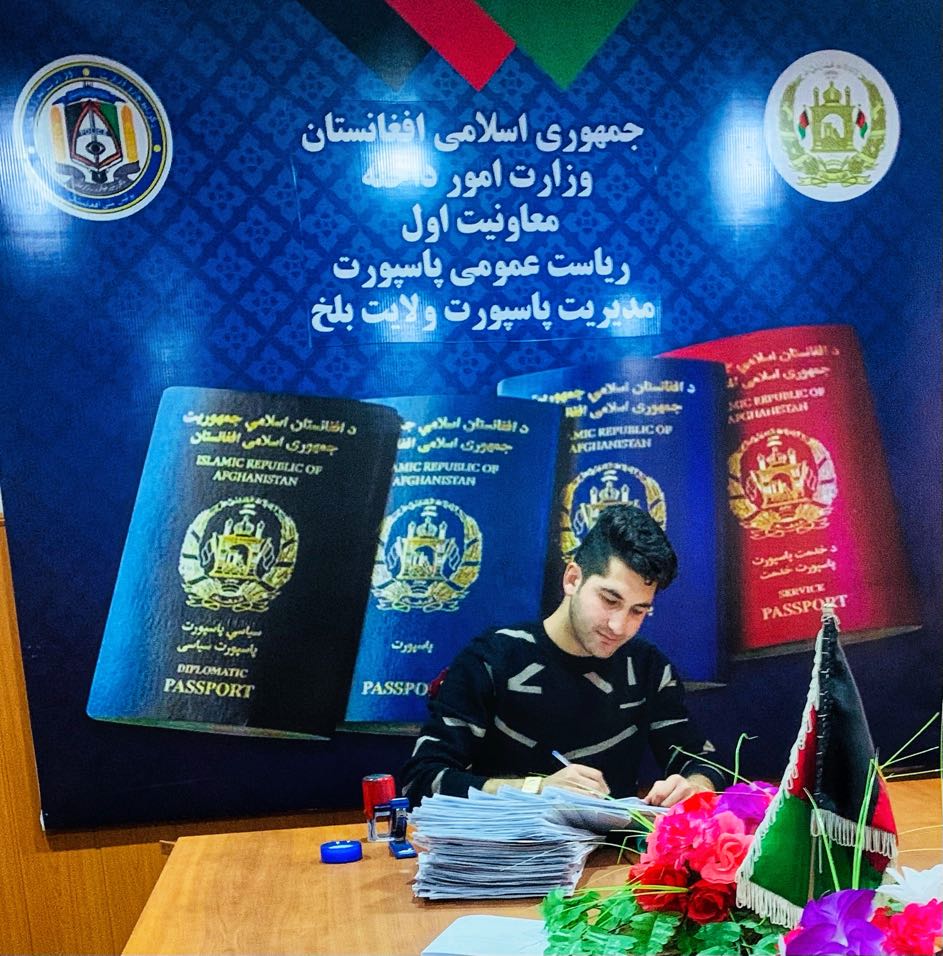Before the Taliban takeover of Afghanistan in August, Ahmad, whose name has been changed to protect his identity, worked in the Afghan presidential office. The special immigrant visa applicant, who holds a master’s degree in engineering, has spent months searching for remote employment to cover basic expenses as he lives in hiding.
After applying for more than 250 jobs worldwide, he has reached the interview stage 12 times. Ahmad said hiring managers turn him down after discovering he is based in Afghanistan.
Ahmad sold his wife’s gold to afford food and necessities, but these funds are running out. While some of his contacts are receiving money from outside the country via Western Union, Moneygram, and Binance, Ahmad has no external source of aid. He says he cannot seek international aid because it is being distributed “to Taliban people or those who support [the] Taliban.”
A United Nations World Food Program official assured me the group’s aid “is distributed independently by WFP and our partners — not the Taliban.” Unfortunately, Taliban presence at distribution events presents legitimacy and safety concerns, given accounts of Taliban reprisals against former government personnel.
As recently as Dec. 25, the Taliban’s Ministry of Refugees and Repatriations claims WFP and other aid was distributed “with the cooperation of” its ministry in Helmand province.
The WFP official explained Afghans with safety concerns can approach WFP staff or contact the WFP by phone (+93 790-555-544) to arrange assistance. The official elaborated that WFP aid recipients are selected by “local community leaders,” including religious officials and council members.
But Afghans have complained that local community leaders are distributing aid unfairly. In some cases, these leaders have ties with the Taliban. SIV applicant Gul, whose name has been changed to protect his identity, learned this in November when a local religious leader informed the Taliban of Gul’s employment with the United States and Afghan government institutions. The religious leader was present when the Taliban murdered Gul’s father, who refused to turn Gul in.
Like Ahmad, Gul is in hiding and has also applied for, but not received, remote employment. His brother-in-law helps him afford basic food and heating supplies.
Sohrab, whose name has been changed to protect his identity, holds a legal studies degree and was employed by the National Directorate of Security until August. Inflation quickly depleted the funds the humanitarian parole visa applicant made from selling his car this fall. Though Sohrab’s sisters-in-law threaten to turn him in to the Taliban, Sohrab has been forced to abandon his safety measures and find outside work to provide food and fuel for his family’s single heater. For five days, Sohrab worked with an automotive mechanic before he was fired. Twice this week, he was able to earn 300 Afghani ($3 USD) shoveling snow for six hours.
Though his escape from Afghanistan saved Zaki Habibi from Taliban threats on his life, his struggles continue. On a temporary visa in Moscow, the former head of the Balkh province passport office can afford one meal a day, thanks to the roughly 100 to 200 Euros he receives each month from a German benefactor. He plans to enter Germany in the spring through any means necessary. Habibi requested the Washington Examiner share his full name and picture in hopes “someone might find someone to help [him].”

Millions of Afghans are in desperate circumstances as Taliban restrictions increase and a devastating food crisis continues. The international community cannot overlook deteriorating conditions for former government employees who are in danger of reprisals and struggle to obtain employment and basic necessities.
Beth Bailey is a freelance writer based in the Detroit area.

